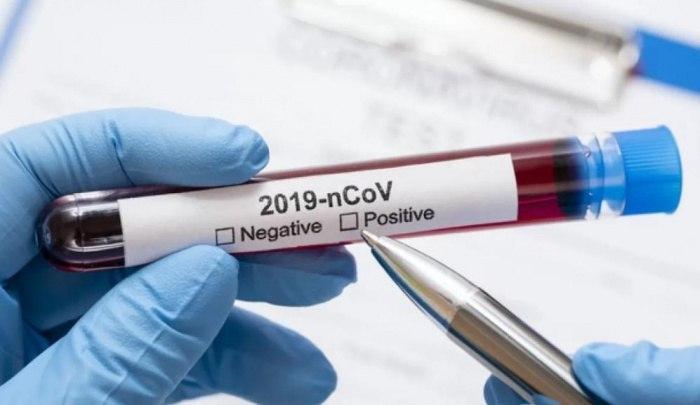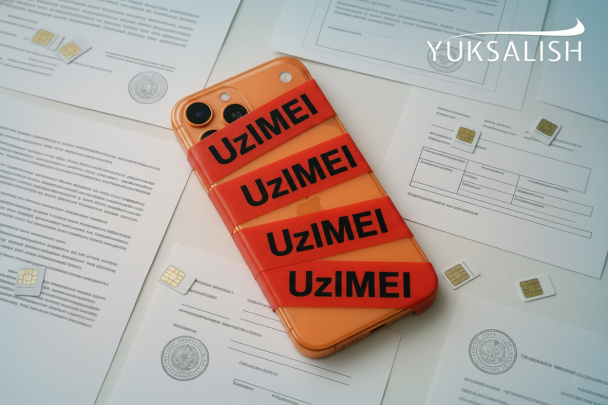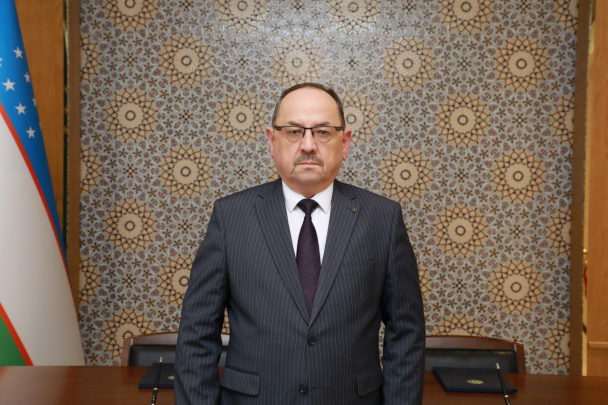Yuksalish questions the reliability of COVID-19 statistics
The Nationwide Movement Yuksalish notes that the people are raising questions about the effectiveness of measures taken to combat coronavirus, which increases the level of mistrust in the decisions made.

In this regard, the organization raised a number of questions:
First, how reliable are the statistics on COVID-19 infection cases and mortality rate?
Information on the epidemiological situation in the country is published every day. As of September 29 (10:00), the Ministry of Health reported 56,068 cases of infection. Of these, 52,466 (94 percent) people have already recovered, while 3,139 patients remain in treatment facilities.
It is not specified how many coronavirus patients receive treatment at home. If there are only 3,139 patients, why is it still reported that there is a shortage of beds and new places are being created? For example, 10,000 beds are planned to be organized in Tashkent alone.
In addition, the Ministry of Health has not provided general information on mortality in the past week, but has done so only on a daily basis. But citizens no longer believe this data.
The situation of pneumonia-related mortality is also unclear. WHO has encouraged countries to combine the two, and therefore, Kazakhstan and Kyrgyzstan publish statistics on deaths from pneumonia and coronavirus.
Second, are coronavirus tests available for the population? Are results reported promptly and could they be trusted?
At a video conference on July 15, the President instructed that all the available resources be mobilized for the timely conduct of the coronavirus tests and the results be announced by the following day. However, people still complain that it is difficult to get a test for COVID-19 and know the results.
Even the results themselves are distrustful. For example, the Embassy of the Republic of Korea in our country recently reported that Uzbeks traveling to Korea through third countries had a significantly higher rate of positive COVID-19 test results than other countries, despite the fact that the PCR test was negative. It was noted that some people falsify certificates or intentionally mismanage the testing in the clinic to obtain a negative result certificate, or become infected in the transit zone of a third country.
Third, who works in the Anti-Coronavirus Staff?
By a relevant presidential decree, a Special Republican Commission was set up under the supervision of the Prime Minister to prepare a program of measures to prevent the spread of coronavirus in Uzbekistan. There are 25 members of the Commission whose names are annexed to the Decree. The Staff has been set up to combat coronavirus, but it is still unknown who is part of it.
Fourth, why is it not the Special Republican Commission that reports on the epidemiological situation in the country, the preparedness for the next wave and the measures for the purchase of vaccine?
Such important statements as Uzbekistan’s readiness for the second wave should be made at least by the Minister of Health or the Deputy Prime Minister responsible for the sector.
In general, how transparent is the decision-making process? Undoubtedly, in case of such an emergency, decisions are made rapidly. No country has a ready plan to act accordingly. However, we have experienced some failures, i.e., disinfection tunnels were first introduced then banned, the drugs included in the treatment protocols were later excluded from them. Who should be held responsible if the next “experiment” does not work?
Related News

19:15 / 07.10.2025
Yuksalish movement calls for easing import rules and simplifying device registration through UzIMEI

17:20 / 20.06.2025
Yuksalish movement criticizes water infrastructure; Uzsuvtaminot defends progress

14:50 / 30.05.2025
Health official: No grounds for alarm over COVID-19 mutations in Uzbekistan

14:42 / 06.01.2025




